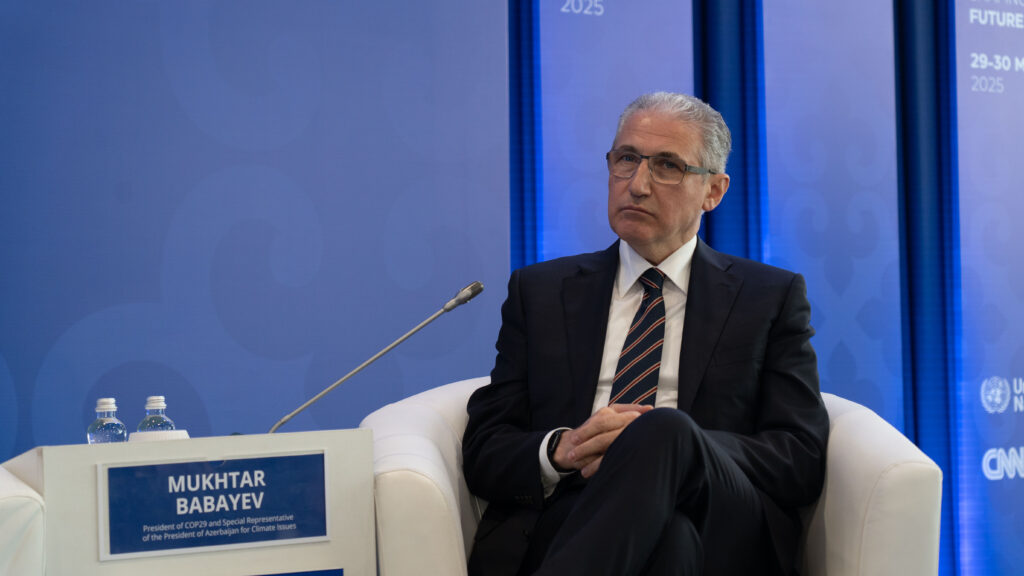Mukhtar Babayev, Azerbaijan’s presidential representative on climate issues and COP29 president, emphasized the urgent need for a summit of Caspian states due to the region’s worsening ecological crisis. Central Asia and the South Caucasus, both bordering the Caspian Sea, face significant threats like water scarcity and desertification exacerbated by the climate crisis. A critical issue is the declining water levels in the Caspian Sea, the lowest recorded since the 19th century, which impacts agriculture and infrastructure in countries like Kazakhstan.
Babayev highlighted the connection between climate change and transboundary water resources, stressing the necessity for regional cooperation to prevent tensions over water use. He advocated for a unified political strategy among the five Caspian littoral states to restore river inflows.
Regarding regional climate strategy coordination, Babayev noted the potential for developing a common agenda through new technologies, including artificial intelligence. He acknowledged Azerbaijan’s investments in renewable energy and partnerships with Kazakhstan and Uzbekistan to export green electricity to Europe.
Babayev also discussed the importance of regional actions in global climate goals, citing ongoing efforts to draft a special Caspian action plan with the UN Environment Programme. He remained optimistic about COP29 goals despite challenges posed by global geopolitics, including the U.S. withdrawal from the Paris Agreement, which he believes still stands strong with over 190 signatories.
Lastly, he posited that middle powers like Kazakhstan and Azerbaijan could emerge as stabilizing forces in the global system, emphasizing that ambition and vision are key to leadership in addressing the climate crisis and other pressing issues.



